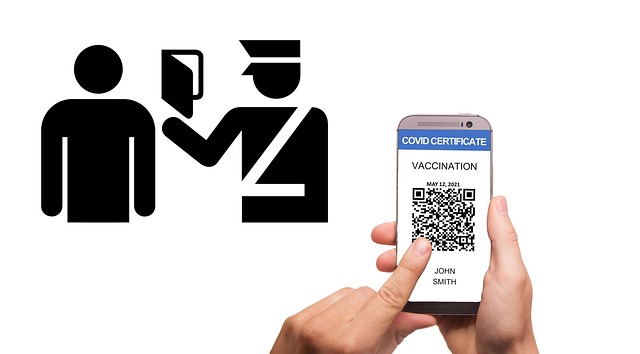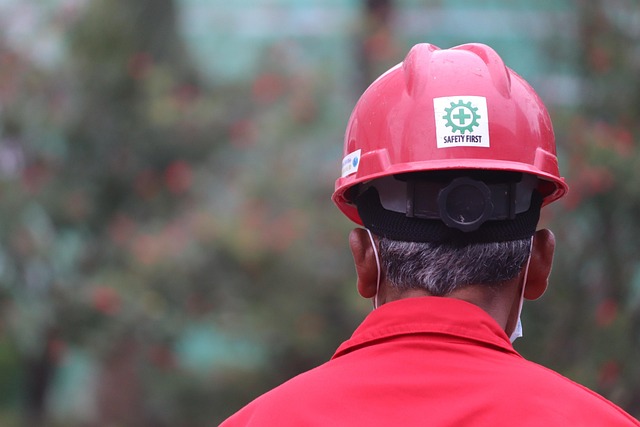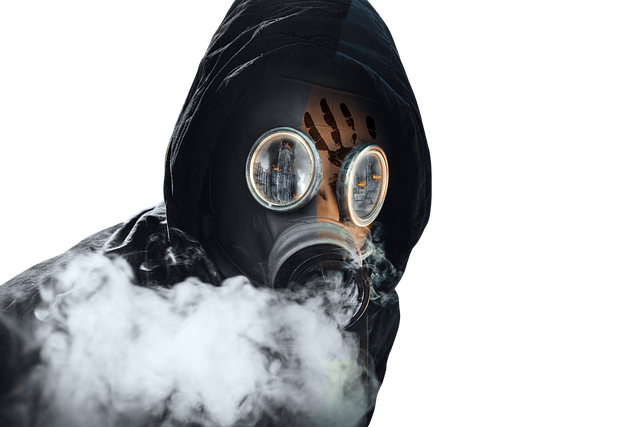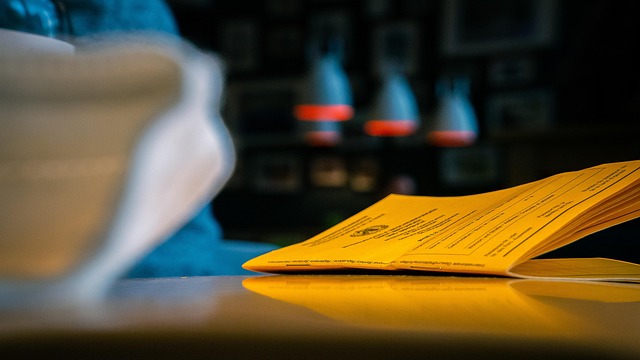Gas safety certificates are vital for securing households by ensuring gas appliances meet stringent standards. Homeowners should hire registered Gas Safe technicians for installations and repairs, learn basic shut-off procedures, and undergo regular maintenance and inspections to prevent leaks and accidents. Proper ventilation, cleaning, and vigilance are key, with certificates proving compliance and fostering a safe cooking environment during events or everyday use. A comprehensive gas safety plan includes valve locations, inspections, and outdoor equipment maintenance for a secure home.
Ensuring gas safety in your home is paramount for preventing disasters. This comprehensive guide explores effective strategies to fortify your living space against potential risks. From understanding crucial Gas Safety Certificates, which attest to regular checks and maintenance, to adopting safe cooking practices and preparing for emergencies, each section equips you with vital knowledge. By implementing these measures, you not only safeguard your family but also foster a peaceful, secure home environment.
- Understanding Gas Safety Certificates
- Regular Checks and Maintenance
- Safe Cooking Practices
- Emergency Preparedness and Response
Understanding Gas Safety Certificates

Gas Safety Certificates play a pivotal role in ensuring the security and well-being of your household. These certificates verify that your gas appliances have been installed, serviced, and maintained to meet stringent safety standards by qualified professionals. They provide homeowners with peace of mind, knowing their systems are safe for daily use. It’s crucial to differentiate these certificates from boiler services; while both involve gas equipment, a gas safety certificate focuses on the entire gas system, including appliances like cookers, hobs, and fires, ensuring they’re fit for purpose and pose no risks.
Understanding the importance of regular checks, homeowners should familiarize themselves with where to find registered Gas Safe technicians in their areas. This ensures that any repairs or installations are carried out by qualified personnel adhering to legal requirements. Moreover, it’s beneficial to be prepared for emergencies by learning basic gas shut-off procedures. Knowing how to quickly turn off the main gas supply in case of an incident can be a lifesaver until professional help arrives.
Regular Checks and Maintenance

Regular checks and maintenance are vital components of ensuring optimal gas safety in your home. It’s recommended to have a professional conduct annual inspections to identify any potential issues or leaks that may go unnoticed by residents. These experts can provide valuable insights into the overall condition of your gas appliances, pipes, and fixtures, addressing any problems before they escalate.
In addition to routine inspections, it’s wise to invest in top-rated gas safety courses for yourself or your staff (if applicable). Understanding the intricacies of gas safety, including proper usage, maintenance, and emergency protocols, can empower you to prevent accidents and handle situations effectively. Moreover, being aware of what constitutes a gas safety certificate ensures that all appliances and systems meet the necessary standards, providing peace of mind and enhancing the overall security of your living or working space, especially during events and festivals where crowd control and potential hazards may arise.
Safe Cooking Practices

Cooking is a fundamental part of many households, but it’s crucial to adopt safe cooking practices to prevent gas-related accidents. One of the key aspects is ensuring proper ventilation in the kitchen. Keep the exhaust fan switched on while cooking, especially when using gas stoves or ovens. This helps remove any build-up of potentially dangerous gases and reduces the risk of carbon monoxide poisoning. Regularly cleaning and maintaining your cooking appliances, including checking for gas leaks, is another essential practice. A qualified Gas Safe Registered Engineer can assist with these tasks and issue a gas safety certificate to ensure your home’s gas systems meet the required standards.
Following safe cooking procedures means being mindful of potential hazards. Always keep a close eye on simmering pots and pans, as an unattended stove or oven could lead to a gas leak or even a fire. Teach all household members about the importance of safe gas use in the home, including simple troubleshooting techniques for common issues. For example, if you detect unusual odors or hear hissing sounds from gas appliances, it’s advisable to turn off the supply, open windows and doors for ventilation, and contact a professional for further guidance and certificate renewal.
Emergency Preparedness and Response

Having a comprehensive gas safety plan is an integral part of maintaining a secure home environment. Emergency preparedness involves ensuring that all household members know the locations of emergency shut-off valves for gas appliances and how to operate them effectively. Regularly scheduled gas safety inspections, including obtaining a gas safety certificate, are vital to identifying potential risks and defects in gas lines and appliances. This proactive measure not only safeguards against accidents but also helps in preventing hazardous situations that could lead to injuries or even fatalities.
In addition to indoor gas safety, it’s crucial to extend these practices to outdoor spaces where gas grills, fire pits, or other equipment are commonly used. Gas safety for outdoor spaces should include regular maintenance checks and cleaning of appliances to prevent buildup of combustible materials. By combining indoor and outdoor gas safety measures with the benefits of a gas safety certificate, homeowners can create a robust defense against potential hazards, fostering a peaceful and secure living environment.
Ensuring gas safety in your home is paramount for preventing accidents and protecting your family. By understanding the importance of regular gas safety certificates, performing routine checks and maintenance, adopting safe cooking practices, and preparing for emergencies, you can create an environment free from gas-related risks. Remember to stay vigilant, follow these guidelines, and always prioritize your safety and well-being.
